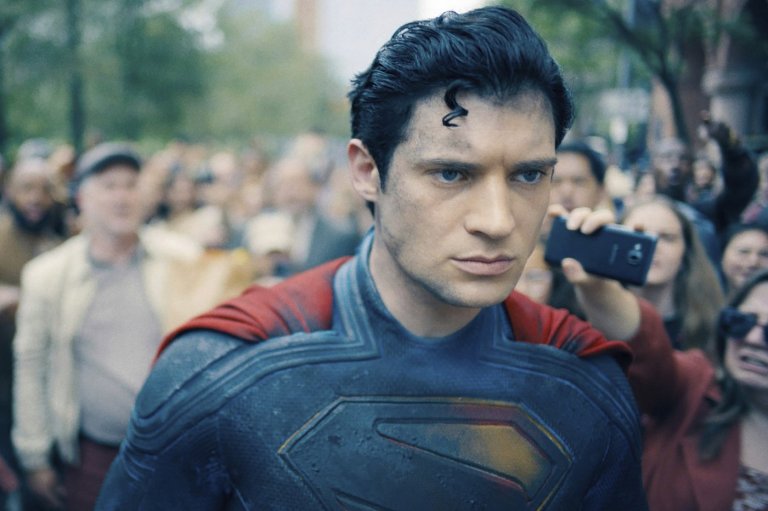Slightly sleep deprived surgeons still function well, study finds
TORONTO – A new study suggests surgeons who are slightly sleep deprived do not perform more poorly than when they are well rested.
The study shows that Ontario surgeons who did emergency surgery the night before planned operations did not have a higher level of medical errors or deaths.
The study compared results from 2,078 operations done when the surgeons had worked overnight on another procedure to 8,312 operations the same doctors performed when they hadn’t worked the night before.
The authors say the results should reassure patients that despite working long hours on occasion, surgeons can perform to high levels.
Earlier studies have found similar results, but this is the biggest to date, looking at the performances of 331 general surgeons from 102 community hospitals in Ontario.
The findings will be published Wednesday in the Journal of the American Medical Association.
The authors looked at data on operations to remove gall bladders, a common and relatively routine procedure general surgeons would do often.
They looked for cases where surgeons started off doing laparoscopic surgery — formerly known as keyhole surgery — but then changed mid-operation to open cavity surgery. While that switch can happen for other reasons, such a move is generally an indication that something has gone wrong with a surgery.
There wasn’t a higher rate of mid-operation technique shifts among operations when the surgeon had worked the night before. Nor were there higher rates of surgery-related injuries. And when the authors looked at deaths — which are uncommon in gall bladder removal surgery — there was no elevated risk seen there either.
This type of study is what is known as observational, so it cannot prove (or disprove) cause and effect.
To do that, one would need to do a randomize controlled trial, where some surgeons were randomly assigned to perform when well rested and others operated while tired. But such a study would not be allowed, for ethical reasons.
So a study like this one is likely the best option there is for answering the question of what the affect of slight sleep deprivation is on surgical performance, says Danielle Nash, an epidemiologist who is one of the authors.
Nash acknowledged the messaging here is complex. No one would advise surgeons to skip sleep or to over pack their schedules.
Still, if they miss some sleep because they have to respond to an emergency the night before a scheduled operation, their performance may not suffer markedly.
“We don’t want to say that for sure all surgeons can perform well when they’re sleep deprived,” says Nash.
“But we just kind of say it’s reassuring to see that with this common surgery, on average we find that there are no greater complications when surgeons are maybe tired from performing a surgery the night before.”
Join the Conversation!
Want to share your thoughts, add context, or connect with others in your community? Create a free account to comment on stories, ask questions, and join meaningful discussions on our new site.













Leave a Reply
You must be logged in to post a comment.